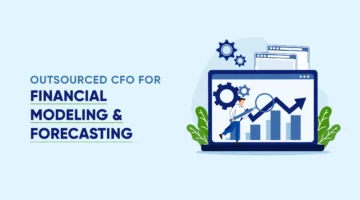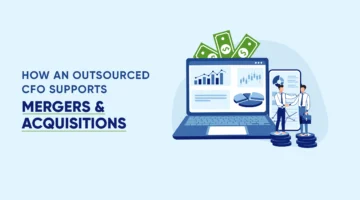The Accountant of the Future
Society has been hearing the same riff for years: in the future, everyone’s job will be done by a robot. While it is true that many jobs and positions can be fully automated to save both time and money, accounting is not likely to be completely automated in the future. There are still many tasks that require a real, in-person accountant, and will for years to come.
New Responsibilities
On the whole, accountants are seeing a shift in what their clients are looking for. Before, companies sought out an accountant to aid in compliance. Now, accountants’ clients are increasingly looking for someone to provide them with advisory consulting services. This means that the accountant of the future will need to bring a more diverse set of skills to the job. Things like presentation skills, experience with decision making, research and more will be in high demand.
The search for accounting professionals that will provide advisory services also means that firms will be searching out more non-CPA accountants to fill their clients’ needs. They may also bring in accountants with niche experience in a variety of industries. Traditionally, accounting firms brought on accountants with corporate business experience. Instead, experts are starting to see a shift to searching out accounting candidates with industry-specific experience to fill advising positions.
A Promising Future
In the accounting industry, the fear that the job will be fully automated and accountants will be replaced by robots and software services is rampant. This may be true for some facets of the job, like automated bookkeeping and payroll. However, the shift from mere compliance to advisory services is a shift that resists automation.
Companies are looking to their accounting and finance staff for help with big business decisions and internal support. The industry is increasingly seeing a pivot from what many consider to be “traditional accounting skills”—things like internal compliance, accounts payable and accounts receivable services. Non-traditional accounting skills—like, for example, advisory services—cannot be automated. They require a person to get to know your company, your staff and the way you run your business. Any decisions they help you make or advice they render for your company is based on information they glean in person.
It is also important to note that compliance work may be partially automated in the future, but compliance work for actual, human accountants will never completely go away. Many companies have found that their technology is great for the bulk of the work, but the details often fall through the software’s cracks. To ensure compliance, accountants are often hired to double-check the computer’s work by way of a full reconciliation.
Rise of Technology
Many facets of accounting are incredibly time and labor-intensive. Things like tax preparation, bank reconciliation and payroll require a lot of manpower. Not only do they take a lot of time, they are also recurring tasks. Accounting software like QuickBooks, Intuit, Xero and others take some of the required manpower out of recurring accounting tasks. These tasks are not only completely automatable, the software takes significantly less time to complete the task. With the rise in this technology, accountants will need to gain administrative and analytical skills to complement the software. This way, they can do the reconciliations, ensure the computer has the data it needs to extrapolate financial information and more.
Accountants also need to be increasingly tech-savvy. With new technology gaining popularity, the modern accountant will need to be familiar with multiple software programs and data transfer methods. Big Four accounting firms are also using new software like blockchain—a technology that uses a computer-based recording system to transfer financial data like cryptocurrency within a user-to-user network. As blockchain and other software sees widespread use, clients will rely on their accountants to help them adjust to the new technologies. Accountants will need to be ready to meet that need.
Evolution of Education
To account for the changing role of the accountant of the future, educators and organizations are adjusting their curricula and licensure requirements. For example, the American Institute of Certified Public Accountants (AICPA), now offers a variety of new credential offerings beyond that of the traditional CPA education. Each of these new offerings has evolved with technological advances to ensure that even the most experienced accountants have access to vital professional resources.
Accounting course at universities are also evolving to include more technology education. This includes subject matter like data analysis, building framework and processes and more. Many companies are also offering training courses to their employees at all levels to help them adjust to a new way of doing business.
The U.S. Bureau of Labor Statistics (BLS) estimates that there will be a 10% increase in accountant employment between 2016 and 2026. Data suggests that the accountant of the future will be soundly employed and seamlessly incorporating technology to do more than ever for their companies and their clients.



